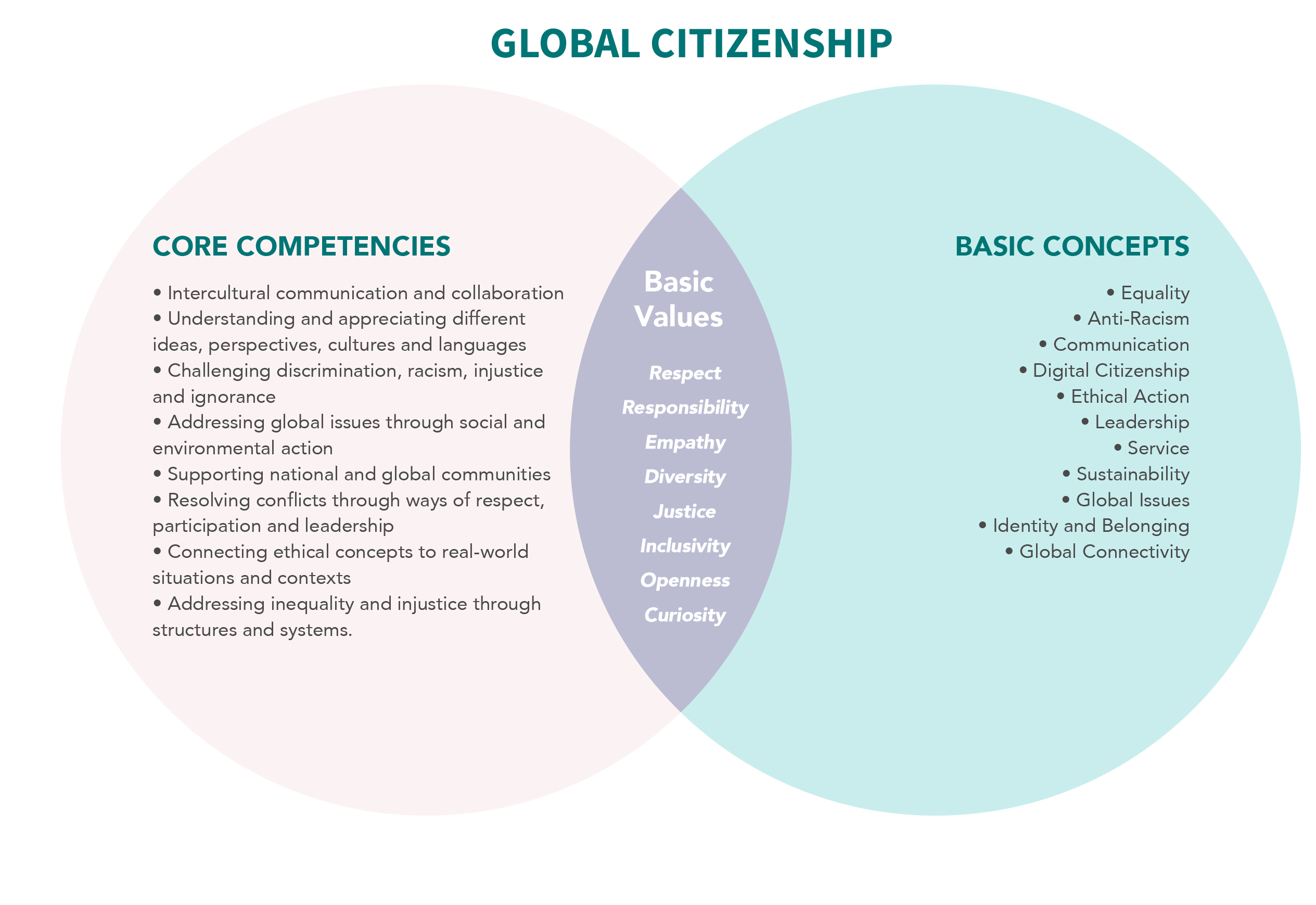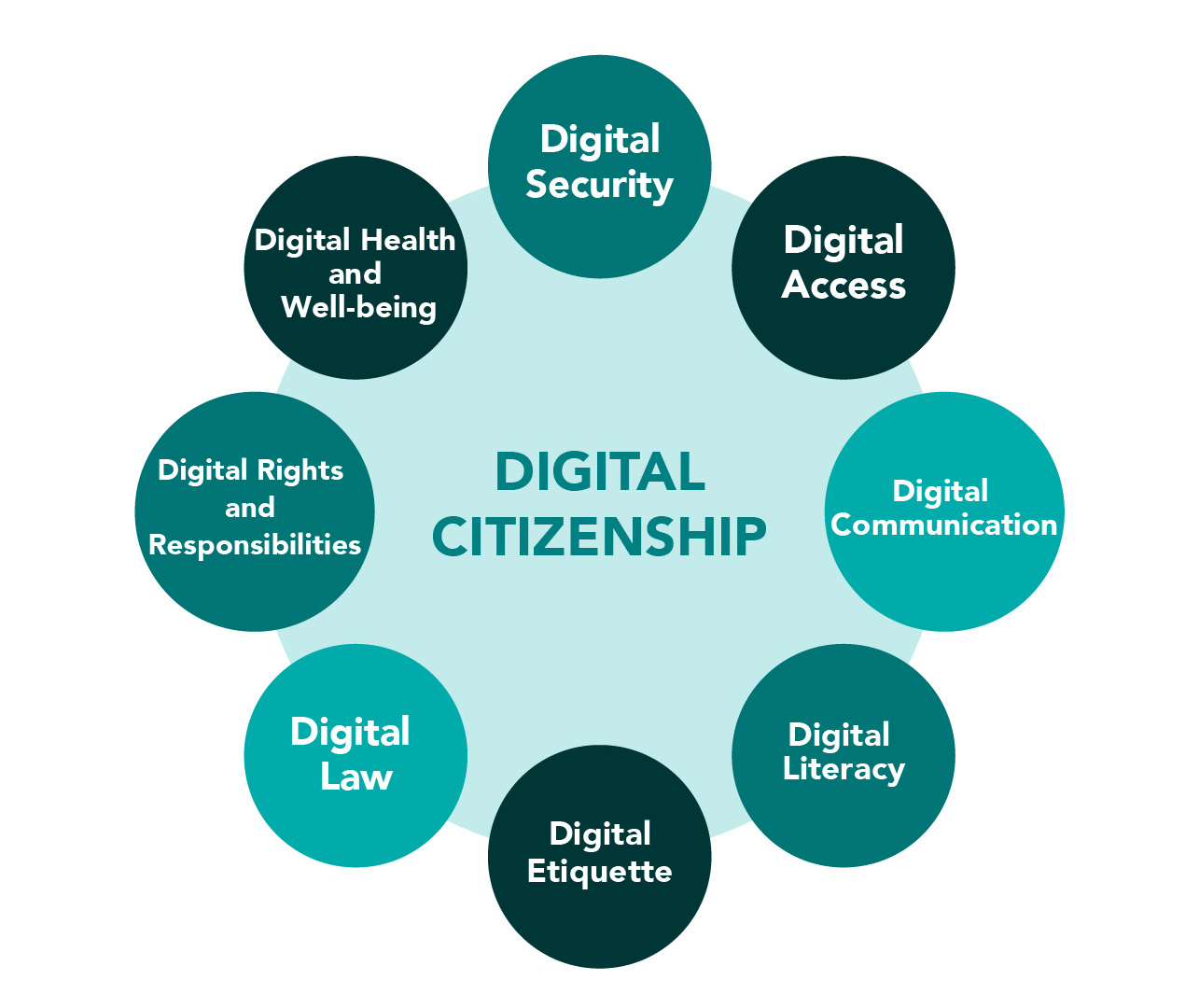NUN Guiding Statement
NUN SCHOOLS MISSION
As NUN Schools, our priority is to raise "good-willing people".
The schema we created as the NUN Personality Chart points to four basic areas that need to be developed in good-willing people: Mind (Thought), Heart (Emotion), Body (Action) and Will. We believe that it is possible to raise young people who turn their decisions that are based on knowledge and conscience into behavior with their will-power, protect their personal integrity, benefit themselves and the society, build a bridge betwe- en the past and the present for a better and peaceful future, are full of love, respect, responsibility, justice, compassion, decency, and have an intellectual, aesthetic perspective and vision.
Academic success is only meaningful if individuals take care of human values. Hence we aim to protect these values in all areas of education and to contribute to the construction of a better and more amicable future. We put effort to provide a structured safe caring and multicultural education environment so that our students can recognize and respect different cultures and perspectives and dream of a common future in our world where different ethnic and religious groups are getting closer to each other due to both developing technology and population movements based on different reasons. From this perspective we are committed to provide each of our students a quality education and training.
The Objectives of NUN Schools are;
- To raise good-willing people who will benefit humanity
- To help students reach accurate information by improving their research and inquiry skills while maintaining their inherent sense of curiosity
- To provide students with values such as love respect responsibility compassion justice and decency
- To raise students who can process use and transfer knowledge to different fields with a deep learning process beyond rote learning
- To raise students who are aware of the perfection of their creator by evaluating human beings in line with the integrity of creation and discovering all creatures starting from themselves
- To create awareness and sensitivity towards nature and other living things.
GLOBAL CITIZENSHIP

As people who share the earth we live on with different national, ethnic and religious groups, we are responsible to each other for a peaceful world.This responsibility requires recognizing and respecting each other's differences and similarities both at the individual and community level. According to this approach, every individual and group is equally valuable. It is the most fundamental right of groups to protect their own identity and it should not prevent them from integrating into world society.
We aim to raise individuals who are world citizens and have a sense of responsibility, respect and value different perspectives, have a high sense of social responsibility, are committed to the protection of social justice and human rights, contribute to society, and are able to empathize with different cultures to make the world a more peaceful and sustainable place.
Besides, in order to enable our students to develop their intercultural communication skills on online platforms and digital applications, international educators from different parts of the world are given training support in the fields of professional and skill development in their mother tongue and foreign language. Within the scope of these courses, students have the opportunity to develop their research, discussion, inquiry and intercultural awareness skills in course modules such as leadership, entrepreneurship, social entrepreneurship, scientific studies, sustainable living, gastronomy.
CHILD PROTECTION AND SAFEGUARDING
What is Child Protection and Safeguarding for NUN Schools?
Child Protection and Safeguarding is the protection of children from all kinds of physical, mental or emotional harm and taking necessary precau- tions against these harms. It is an extremely sensitive and conscious approach to every area and detail related to the child. A wide spectrum from health and safety to safe recruitment and online safety is covered.
Child Protection and Safeguarding means putting children's rights and needs at the center of the school's mission and putting their safety and well-being first. Child Safeguarding is the set of policies and practices that schools create to keep children and other stakeholders safe and ensure their well-being. This covers a wide range from health, safety, secure recruitment, online security, and ensuring that all staff receive training on this subject.
Child Protection is a part of the "Child Safeguarding" application. Actions taken to protect children who are likely to be harmed or who are already seriously harmed.
WELL-BEING
Well-being generally refers to a state of psychological, intellectual, emotional, physical, social and spiritual well-being. It is the state of students being comfortable, healthy and happy.
It is the duty of the entire school community to ensure and protect the mental health and well-being of students. In order to create a successful learning environment, well-being is at the heart of the school and forms the basis of all work.
NUN Schools aims to create a school climate where a safe, healthy and happy educational environment for all students is provided, where they can realize their potential and gain will, where people are not marginalized in terms of language, religion, race, sect, education level, equal education and resource opportunities are offered to everyone and physical and mental health is observed, where awareness-raising activities are frequently carried out about technology addiction, cyber-bullying and peer bullying.
DIGITAL CITIZENSHIP
What is Digital Citizenship for NUN Schools?

A digital citizen is a person who can criticize while using information and communication resources, knows the ethical consequences of his behavior in online environments, does not abuse technology, encourages the right behavior while communicating and collaborating in the digital world, is free from addiction, and can maintain the ability to make decisions freely.
A digital citizen is someone who can actively, positively and responsibly participate in both online and offline communities, national or global, through the development of a wide range of competencies. Developing competence in the use of digital technologies, which are constantly evolving and have some disadvantages, is a lifelong process that should begin at an early age in formal and non-formal education environments, both at home and at school.
Since security is one of the most important elements in the digital world, comprehensive training on vital issues such as cyber-security, digital identity and digital fingerprints is given to both our students and all our employees. In addition, we have an Online Security Policy that we have prepared to increase the awareness of our students and employees about online security, and a filter application in internet access to protect our students from harmful content. Our students can only access the filtered internet during the hours determined for them.
Students who do not have a computer are loaned by our IT Department a laptop with secure, protected and filtered application programs.
Furthermore, all our teachers are given laptops with secure, protected programs.
As part of our Child Protection and Safeguarding policy, the websites accessed by all our students and employees are monitored and protected through the school network.
HIGH-QUALITY TEACHING AND LEARNING
We can define our understanding of high-quality education and learning as teaching that offers our students the opportunity to adapt their learning experiences and basic life skills to daily life.
In this direction, we have based our educational approach on our students' ability to wonder, critical thinking and negotiate while learning, as well as gain basic life skills through workshops and apply them in daily life.
With these skills, we enable our students to learn and internalize new and different concepts more deeply with the different learning and experience environments we create.
Gaining the awareness of multiculturalism and global-digital citizenship through international online education programs within the framework of our cyber and online security policy rules is also included in our high-quality education and training program. In this regard, we are trying to raise awareness of multiculturalism with online and offline trainings we organize for our teachers.
At NUN Schools, we care about providing our students with personal development and self-management skills so that they can turn their inherent sense of curiosity into a lifelong learning tool. We believe that both our students and other members of the school community will become more effective citizens of the world as individuals who recognize their own weaknesses and strengths and know how to manage them.
Our academic staff has deep knowledge and understanding of the subjects they teach. They use this deep knowledge and understanding in a planning that will develop our students' learning skills such as willpower, endurance, and perseverance. During this planning, our teachers, starting from the fact that each individual is unique, also include differentiation planning in the curriculum when necessary.
In addition, our teachers plan lessons effectively by using methods that vary according to their temperament, create a positive and pleasant learning environment by giving their students responsibility, motivate their students, and systematically evaluate their students' learning processes and give feedback.
During the lesson, students have the opportunity to develop skills such as questioning, taking responsibility and initiative, critical thinking, using research skills, building and managing teams, working in collaboration, creative problem solving and reflective thinking.
Our students are in a learning process where they take responsibility, make their own assessments, reflect on their achievements/learning outcomes, are enthusiastic about purposeful and understandable goals, and are aware of their process and how to reach them.
In addition, our students and teachers are supported by our strong technological infrastructure while benefiting from all the physical facilities of our schools, such as rich libraries, observatories, various art workshops and sports facilities in their learning processes.
Our school is also a sustainable living campus. Thanks to the physical facilities of our school and its location in nature, we have the chance to both discover and observe nature and bring nature to the lessons. Thanks to our sustainable living clubs and nature discovery programs, students and the entire school community have the chance to harvest, collect lavender and extract its oil, discover living things in nature, set up weekend nature camps, respect nature, empathize and support nature.
CIS CODE OF ETHICS
The purpose of the CIS Code of Ethics is to define the ethical principles on which CIS members are expected to base their conduct and professional practice.
Expectations from All CIS Members:
- Fulfilling the commitments set forth in guiding statements, policies, contracts and promotional materials,
- Working for excellence,
- Creating and nurturing a culture where the education, safety and well-being of students and other stakeholders is paramount,
- Complying with applicable laws and regulations,
- Being respectful to the dignity and equality of all individuals, groups and cultures,
- Supporting global citizenship.